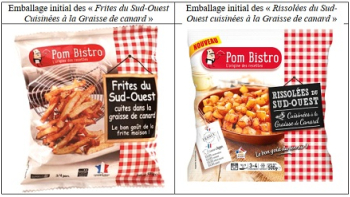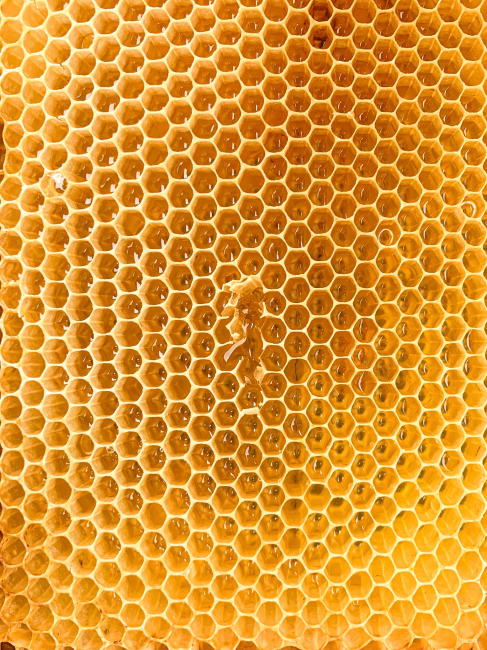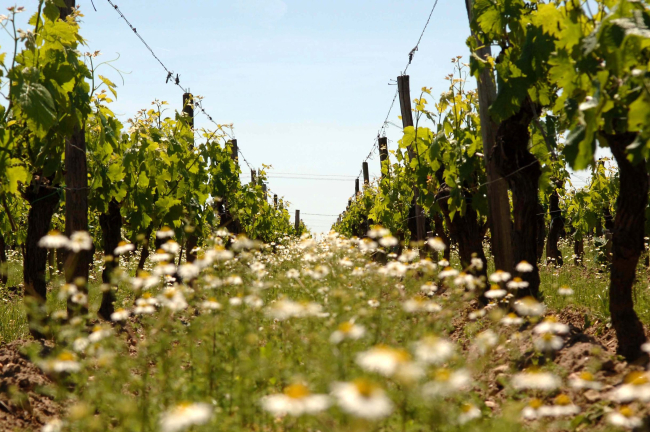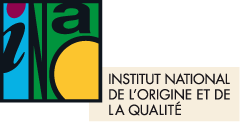This article is older and has been archived.
It remains accessible, but the information provided may be out of date or incorrect.
News
Duck foie gras: protection of the term "Sud-Ouest" enshrined
The INAO and the Association pour la promotion et la défense des produits de palmipèdes à foie gras du Sud-Ouest (PALSO) have won a case brought since 2017 for the protection of the PGI "Canard à foie gras du Sud-Ouest (Chalosse, Gascogne, Gers, Landes, Périgord, Quercy)". The decision of the Paris Court of Appeal on September 8, 2023 enshrines the protection of the name of a geographical indication, even in the event of a partial takeover of the name.
Since 2014, Cité Gourmande had been marketing frozen potato products under the names "Frites du Sud-Ouest cuites dans la graisse de canard" and "Rissolées du Sud-Ouest cuisinées à la graisse de canard". The products, made with duck fat, used the reference "Sud-Ouest" while featuring a visual of a gallinaceous bird on the marketed packaging.
.Alerted in 2017, INAO and PALSO intervened with the operator to inform him of the regulations and ask him to cease these uses. When attempts at amicable settlement failed, the case was taken to court. In its decision of August 13, 2021, the Paris judicial court ruled that the infringements of the "Canard à foie gras du Sud-Ouest (Chalosse, Gascogne, Gers, Landes, Périgord, Quercy)" PGI had been established.
The court also ruled that the "Canard à foie gras du Sud-Ouest (Chalosse, Gascogne, Gers, Landes, Périgord, Quercy)" PGI had been infringed.
Problematic elements in the denomination and packaging of the incriminated products
The Tribunal Judiciaire de Paris upheld the arguments of INAO and PALSO. In particular, it ruled that:
- PGI specification products and duck fat must be considered comparable. The use of the terms "Sud-Ouest" in connection with duck fat for products not eligible for the PGI therefore undermines it.
- The arrangement of the elements making up the packaging of the products in question is likely to lead the consumer to establish a link with the PGI and to assume that the duck fat used comes from the South-West:
- The words "du Sud-Ouest", grammatically linked to potatoes, are immediately followed by "cuites à la graisse de canard" or "cuisinée à la graisse de canard"
- A drawing depicts a duck
- The packaging makes recurring reference to "terroir", implying traditional know-how.
- From a phonetic and visual point of view, the disputed names present close links with that of the PGI concerned. Thus, even if the terms of the PGI are only partially reproduced and the words "foie gras" are absent, an association is induced in the mind of the consumer. The essential elements of the PGI "Canard à foie gras du Sud-Ouest (Chalosse, Gascogne, Gers, Landes, Périgord, Quercy)" being "canard" and "Sud-Ouest".
Confirmation on appeal confirms SIQO protection
On September 8, 2023, the Paris Court of Appeal upheld the first-instance decision in all its provisions, relying in particular on the European Court of Justice's ruling of December 17, 2020 in the Morbier case.
The Court thus confirmed the visual association created by the insert presenting the product name, even though the term "Sud-Ouest" is grammatically linked to potatoes.
Relying on European case law (Aceto Balsamico di Modena case), it also noted that it was irrelevant that only the term "Sud-Ouest" from the PGI was included. The protection conferred by the PGI covers the name as well as each of its components, if the term is not generic or common.
Finally, it held that the use of the indication "Sud-Ouest" associated with the duck fat used to cook the finished product has the effect of misleading the consumer as to the true origin of the product. The disputed product thus takes undue advantage of the reputation of the products covered by the PGI.
The Court concluded that these acts constitute an infringement of the PGI, within the meaning of Article 13-1 b) and d) of rEuropean Regulation 1151/2012. It shows that the protection offered by Article 13 can be cumulative. This decision will bolster the protection actions carried out by the INAO and the defense and management organizations behind products under official quality and origin identification signs.
Note that Cité Gourmande may decide to appeal to the Supreme Court.
All the latest news on the protection of signs and names
By its decision of March 12, 2025, the Conseil d'État has validated the procedure for registering the name "Miel des...
News

News
The INAO and the Conseil interprofessionnel du Vin de Bordeaux (CIVB) have won a case brought since 2023 for the...
News

News
On August 6, 2024, the U.S. Court of Appeals for the Federal Circuit (CAFC) ruled in favor of the Bureau national...
News
News
